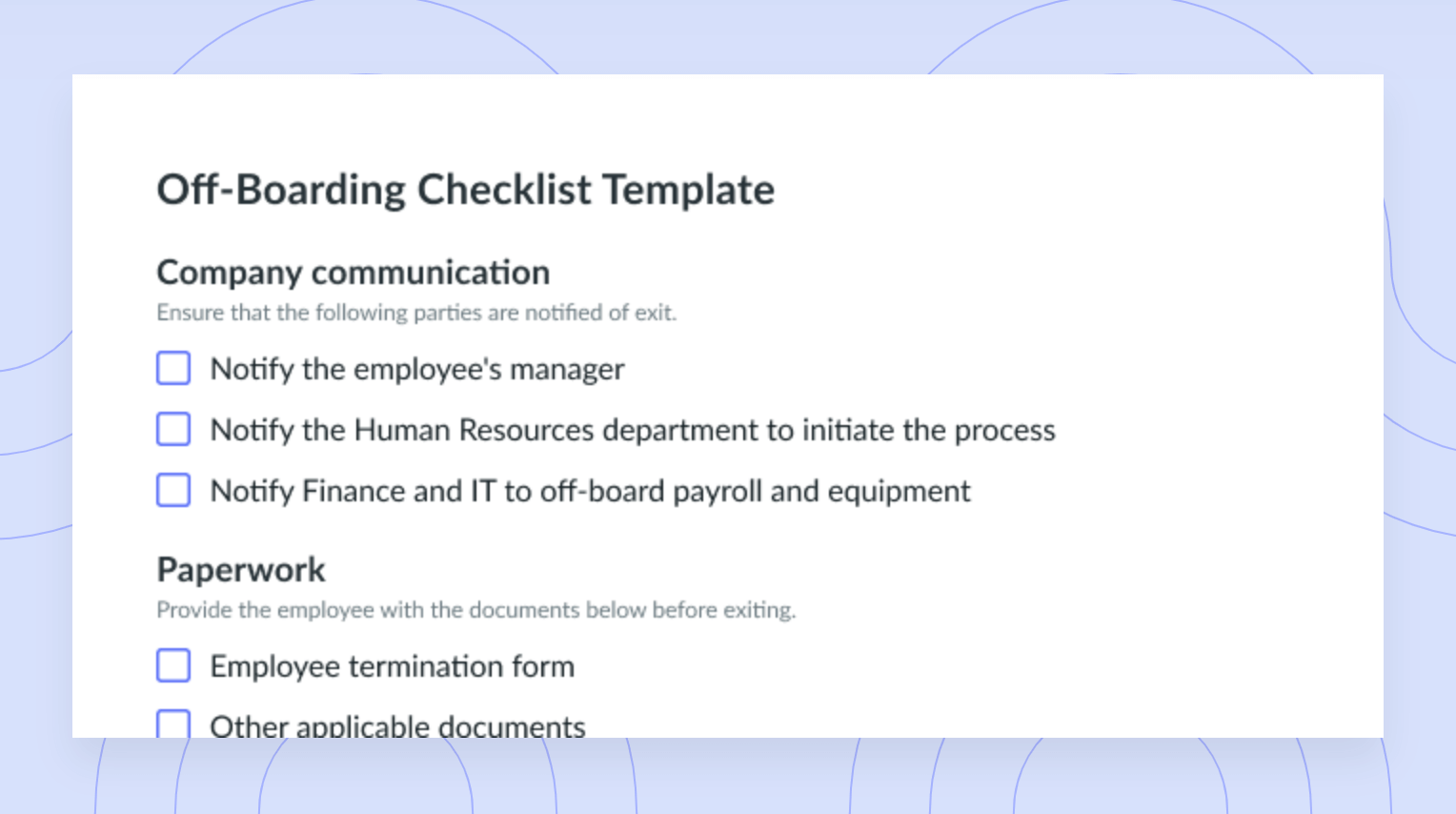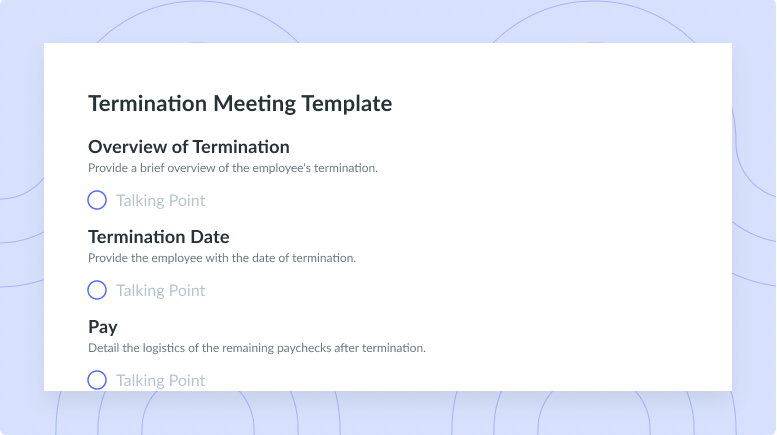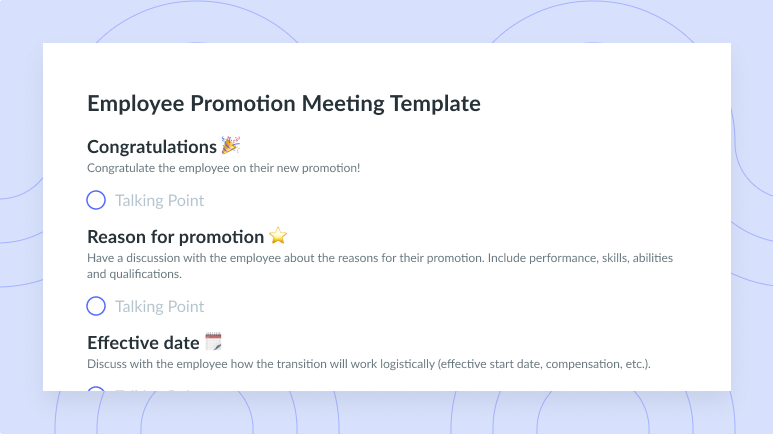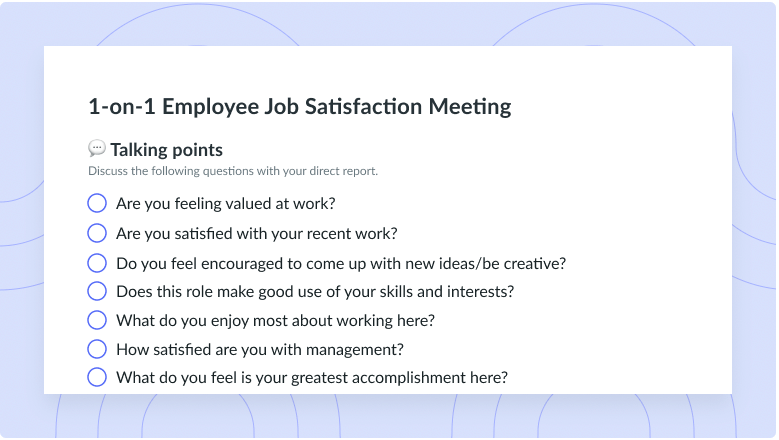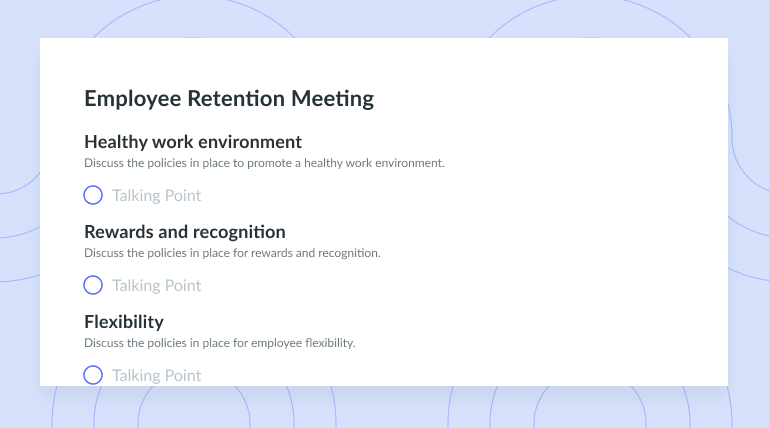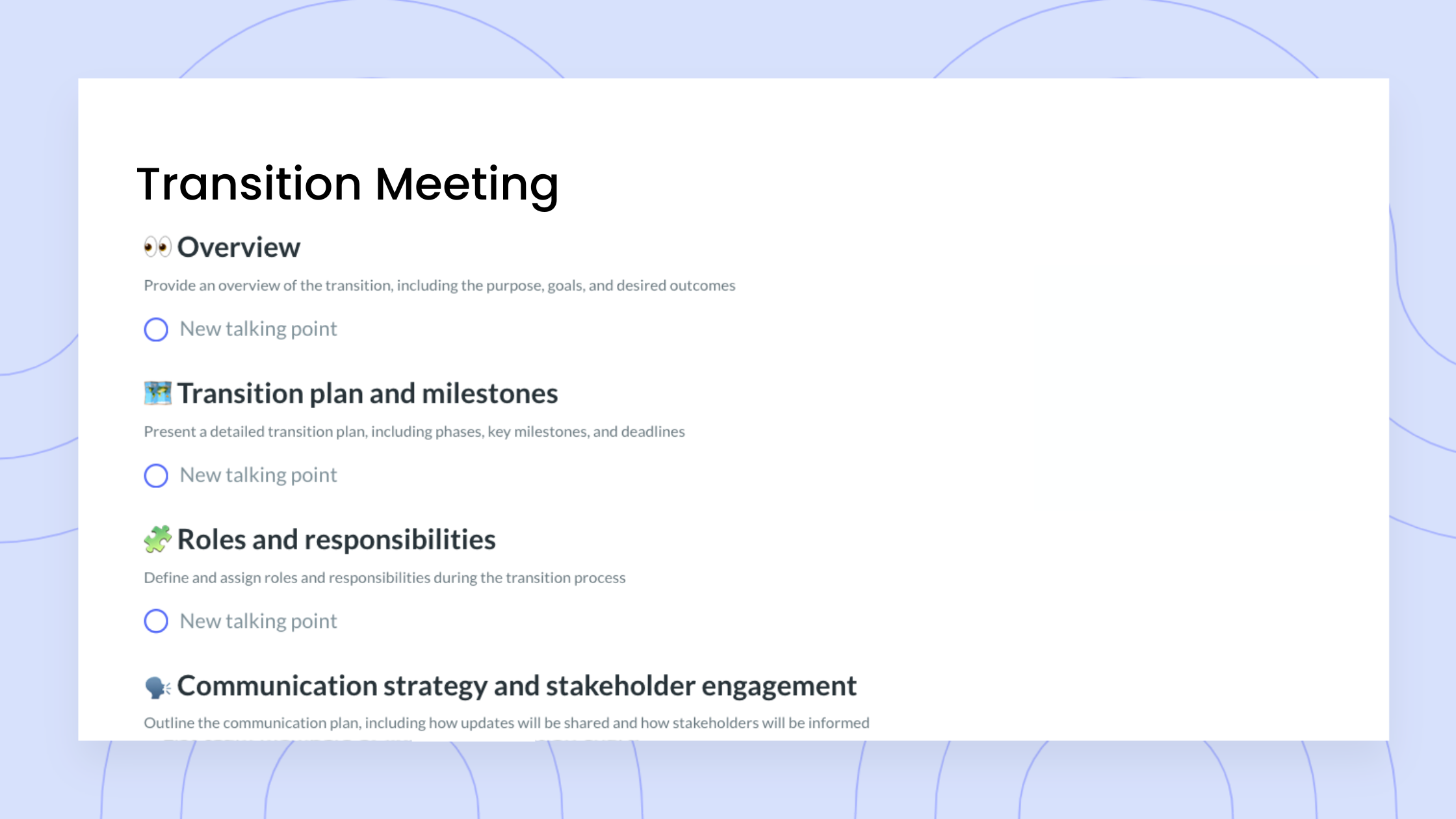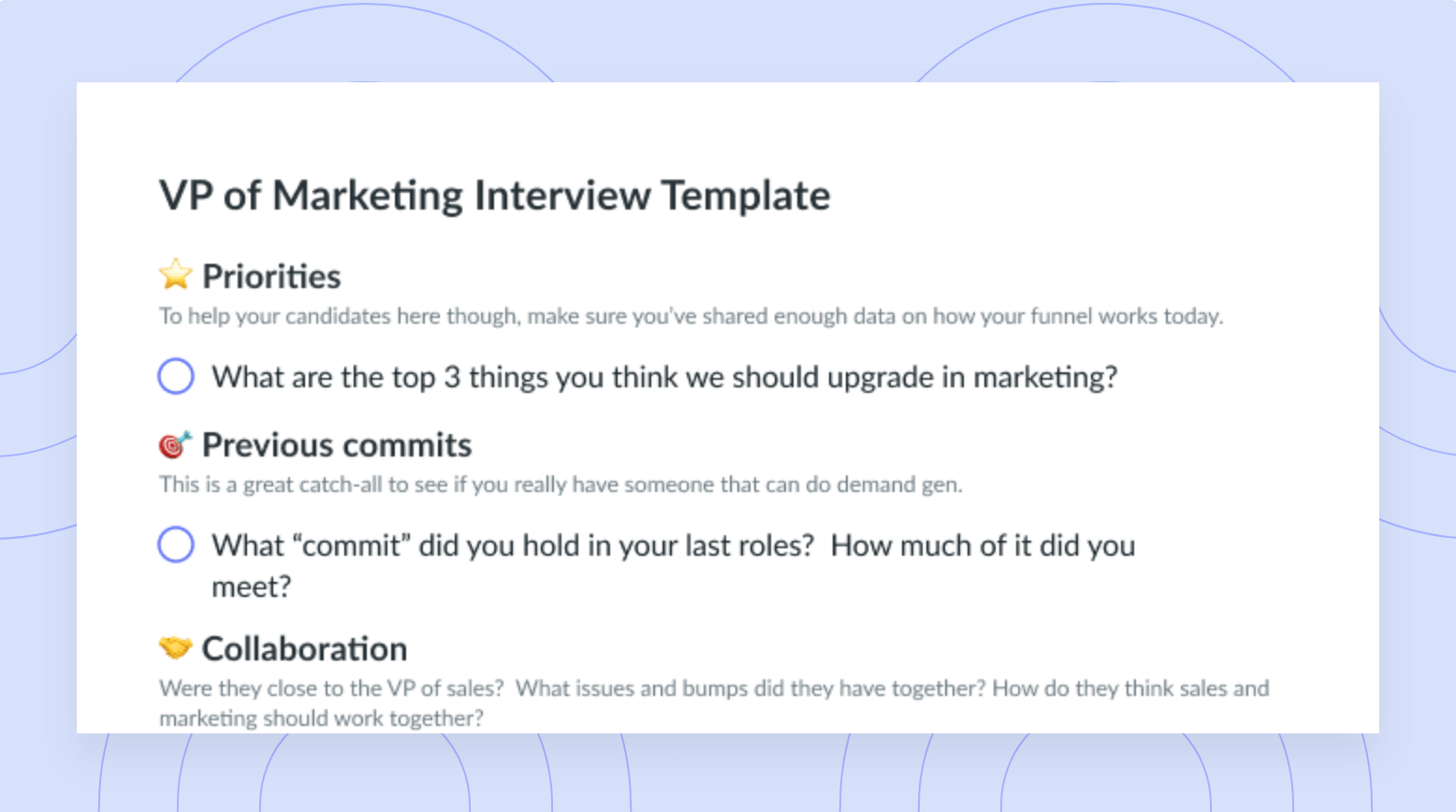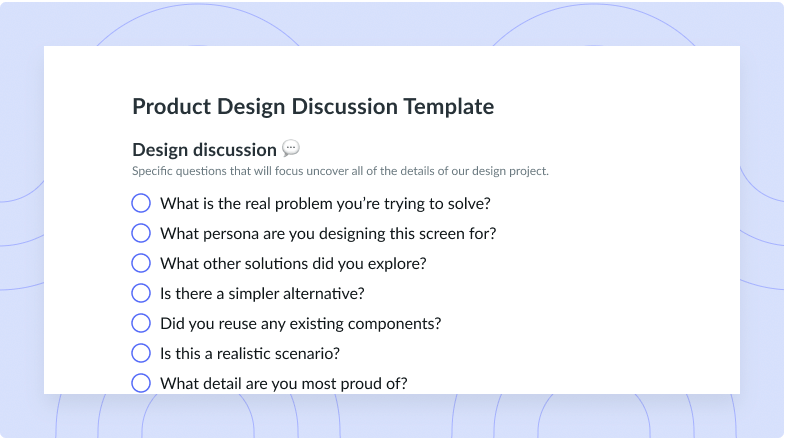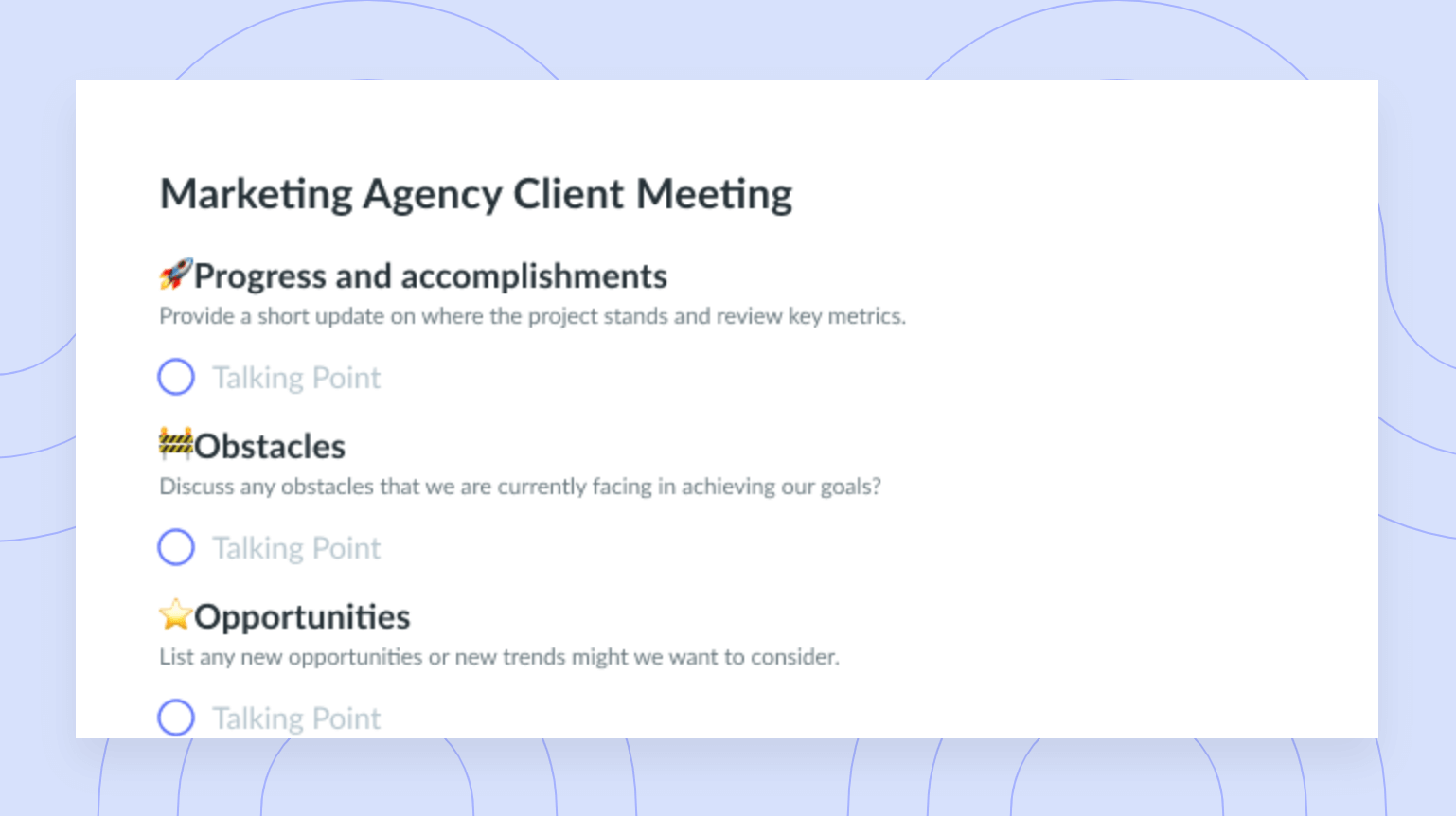“I Quit!” How to Tactfully Handle Employee Resignations
Your employee just quit at a terrible time, with little notice, and you really just want to explode – but you can’t! Here’s how to handle a resignation with tact and grace.
The conversation usually starts a little something like this:
“Hi! Do you have a moment? I need to talk to you.”
“Sure, have a seat.”
“I’d like to let you know that I’m giving my two weeks notice. I’ve accepted a job…”
And there you have it. Your employee just quit. Now what? It’s terrible timing. You have that massive project coming up. You’re not sure when you’re going to have time to fit in interviews, onboarding, and training. You’re worried about putting extra work onto the other staffers who already have a bit too much on their plates, and you really just want to scream into a pillow.
Yep – been there! It sucks. In my experience, employees quit for many different reasons, and managers handle employee resignations in many different ways, but interestingly over the years I have found that managers seem to adopt certain personas to cope with an employee resignation without really thinking through the effect it has on the departing employee and the rest of the team. Read on – anything sound familiar?
How to Handle a Resignation Tactfully in 7 Steps
- Congratulate the employee
- Let them know that you need a day or two
- Advise your boss
- Develop a transition plan
- Schedule an exit interview
1 Congratulate the employee
Congratulate the employee on the new opportunity and let them know that you will miss having them on your team.

2 Let them know that you need a day or two
Let them know that you need a day or two to think about transition planning, and ask them if they are willing to help with that planning, ensuring their work is passed off to others in the interim.
3 Advise your boss
Advise your boss your team, and the others in the company (in that order) about the employee’s departure.
4 Develop a transition plan
Develop a transition plan (also known as an off-boarding plan) and discuss it with the departing employee to see if they have anything to add before sharing it with the team.
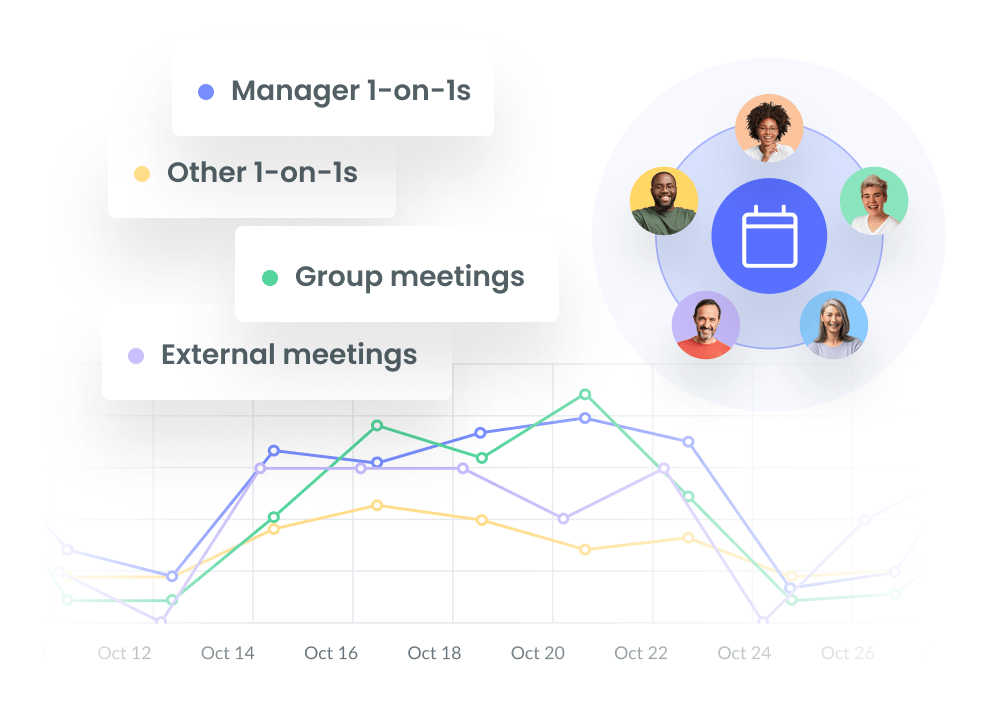
5 Schedule an exit interview
Schedule an exit interview with the employee with the goal of understanding what the employee felt were the best parts and the worst parts of the job.
Fellow Tip: With the right exit interview template, you can enhance career development practices, solidify company culture and uncover any issues you may not be aware of.
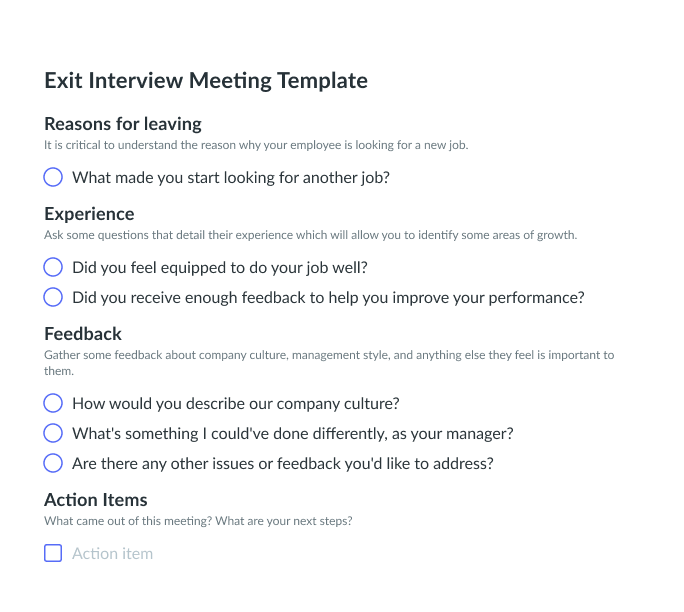
Exit interviews are extremely important and often glossed over. This is your opportunity to more fully understand why the employee decided to leave the organization and – surprise, you might be the reason!
Research shows that 57% of employees resign because of their direct supervisors or managers. As such, if you really want to develop professionally and be an amazing people manager, consider scheduling a second exit interview for your employee with HR, or your direct supervisor so your employee can give feedback about you and your work style without stressing about how to say it to your face. And for those of you wondering if negative feedback about your management style and skillset might make you look bad, I would say: yes, but doing nothing about it, never asking for feedback, and walking around protecting your ego thinking you’re the greatest manager that ever lived is way worse. If your employee is leaving because they don’t enjoy working for you, listen to the feedback, evaluate it, try to appreciate where they might be coming from, learn from it, and move on.
- Schedule one-on-one meetings with your other staff members to understand how they might be feeling and ask if they have any concerns about workload or if anything in the transition plan might be unclear.
- Ensure the employee has time to say their goodbyes and exit on a high note. With the pandemic, we’re not exactly planning parties and lunches these days, but an e-card from employees, a well-thought-out all-staff email outlining their key contributions and wishing them well on their last day, or a gift card to their favourite shop are all easy and thoughtful ways to say thank you and good luck.
Now, if you’re happy to see the employee go because of poor performance – well, that’s another story, but I still suggest you follow the steps above and simply be cautious about being disingenuous or making promises you have no intention of keeping, like staying in touch, or providing a glowing LinkedIn reference.
5 Management Personas to Avoid
The Celebrator:
“I’m SO happy for you! What a great new opportunity! Everything is FINE! I’m FINE! We should throw you a going-away party! Who shall we invite? Hmm… Casino night? Or 80s-themed?”
What it looks like to other people: Fake happy. You’re being disingenuous and hiding your own feelings about your employee leaving – and everyone knows it.
Why it’s a problem: People are starting to wonder if you understand the full implications of the employee leaving and just how much work that person did on a day-to-day basis. They’re concerned you’re out of touch with the front-line work and worried that you don’t actually understand what they do every day and how this departure impacts them. They might also be worried that you’re not concerned about understanding why the employee decided to leave in the first place or that you might not be in a rush to replace them. While congratulating the departing employee is important, don’t lose sight of the work ahead and the effect that staff changes have on the company and team.
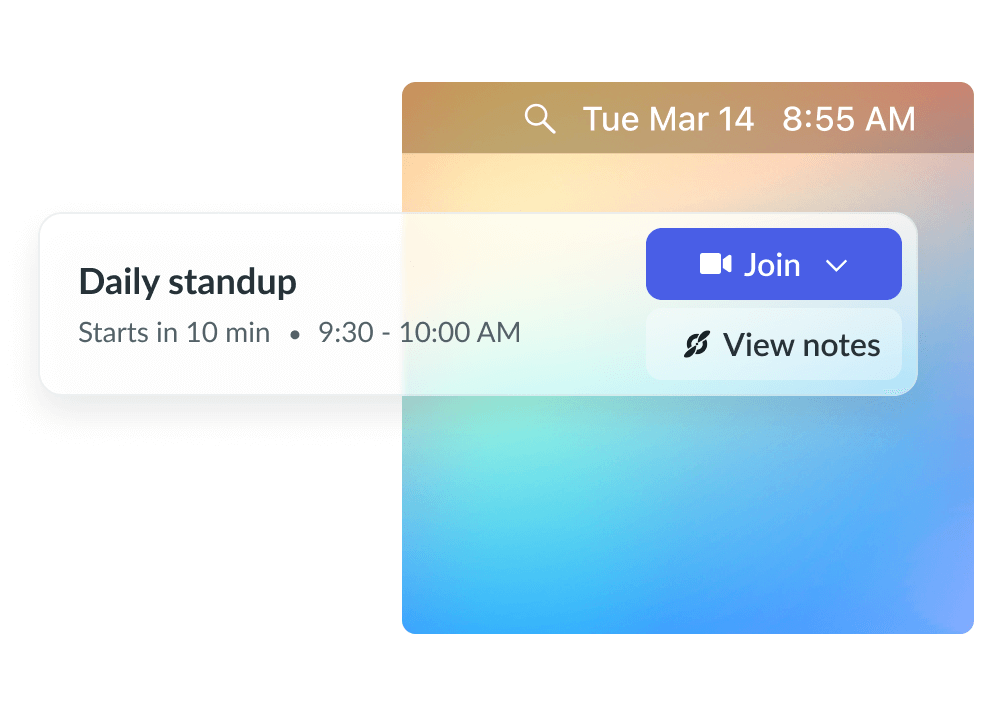
The Ostrich:
“Oh, ok. Well, thanks for letting me know. I’ll have to talk to HR and get back to you about next steps. Talk soon.”
What it looks like to other people: Head in the sand, obstinately ignoring everything that is urgent and metaphorically on fire.
Why it’s a problem: The employee who is leaving and all of your other staff don’t know how to talk to you about the impending departure. They want to fully understand your plan and how the team’s workload will temporarily (or permanently!) shift. The remaining team members are concerned that a pile of work is about to land in their laps without notice. Ignoring the problem will not, in fact, make it go away. Best to pick your head up and start dealing with the issue.
The Passive Aggressor:
“Well, I guess you must have been super unhappy with that last project we worked on together, eh? Otherwise, you wouldn’t be leaving us. I guess this is a pretty terrible place to work. I don’t blame you. I would leave too if I could. Good thing you’re on to bigger and better things! Haha! Just kidding!”
What it looks like to other people: Uncomfortable and inappropriate are the words that come to mind here. People are listening to you and doing that forced awkward laugh “ha-ha…ha” while thinking, “What the hell?”
Why it’s a problem: Apart from the fact that it’s not nice to play weird games with people, most of your employees and the departing employee can see right through you. You’re coming across as secretly angry and manipulative and it’s making people think twice about what they should and should not share with you going forward. It’s always best to be honest, diplomatic, and direct.
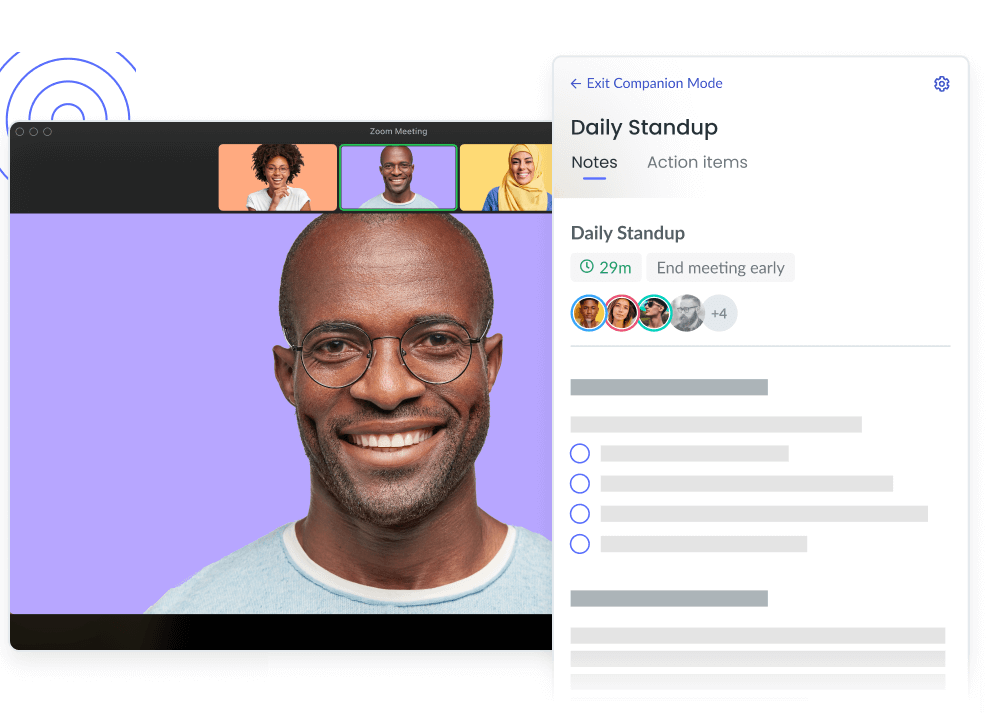
The Trash Talker:
[Behind the departing employee’s back] “Can you believe that they’re leaving?! Right before the project launch too. They could have at least stuck it out another month to help us out. I just can’t believe it. And after everything I’ve done lately too. Ugh!!”
What it looks like to other people: Backstabbing and rude. People are now secretly wondering what you say about them when they’re out of ear shot. Oh, and the departing employee likely knows you’re talking about them too.
Why it’s a problem: Trash talking is completely unprofessional and it will ruin your reputation. It is never a good idea in any setting – personal or professional. It erodes team and peer trust because no matter how close that team member or colleague is to you, if you’re complaining to them they will always wonder if you talk poorly about them too. Saying exactly what is on your mind, in this case, is not a good idea, rather work on sprinkling some diplomacy on your raging thoughts and try sticking to facts like:
“I’m glad you have a new opportunity, but I’m really sad you are leaving. It caught me by surprise. I need to work out a transition plan with you ASAP so that the upcoming project can stay on track.”
The Freezer-Outer:
“Ok well, I don’t think I need anything else from you for that project. Mike can handle it from here. Why don’t you start cleaning out your desk then? Just leave me a pile of stuff that might need my attention and I’ll eventually get to it.”
What it looks like to other people: Childish and petty. It’s obvious to everyone that you’re upset or sad about your employee’s departure but you’re pretending that you’re not. The team knows that they would benefit from the departing employee helping to transition their workload, and they know that you’re preventing that from happening to somehow prove that “you’ve got this” and “everything is under control.” Yep, you’re fooling no one.
Why it’s a problem: Most of the time departing employees want to at least attempt to properly transition their work to other members of the team and you’re blocking this from happening. They might be worried that you’re angry at them or that they can’t ask you for a future reference. The rest of your team is likely wondering why you’re being so ridiculous and they’re secretly fuming about how you’re treating their colleague while also ignoring the needs of the team. In the end, you’re actually making everyone’s life more difficult than it needs to be. Instead, it’s best to be honest with your departing employee and your staff about how you need some time to think through transition planning and tell them you will come back to them for input.
Side note: When I say develop a transition plan, I mean actually write one. A transition plan is not something that resides in your head that you just talk about on the fly with your staff, nor should you try to “wing it.” Take an hour or two, sit down, and type out a plan.
Parting advice
In the end, having an employee quit suddenly can indeed seem like a slap in the face and one more thing on the very long list of things you need to deal with – but it is important for the well-being of your remaining team, your reputation, staff morale, workflow, and even the mindset of that departing employee, that you keep your cool, follow the steps, and handle the resignation with tact and grace.









